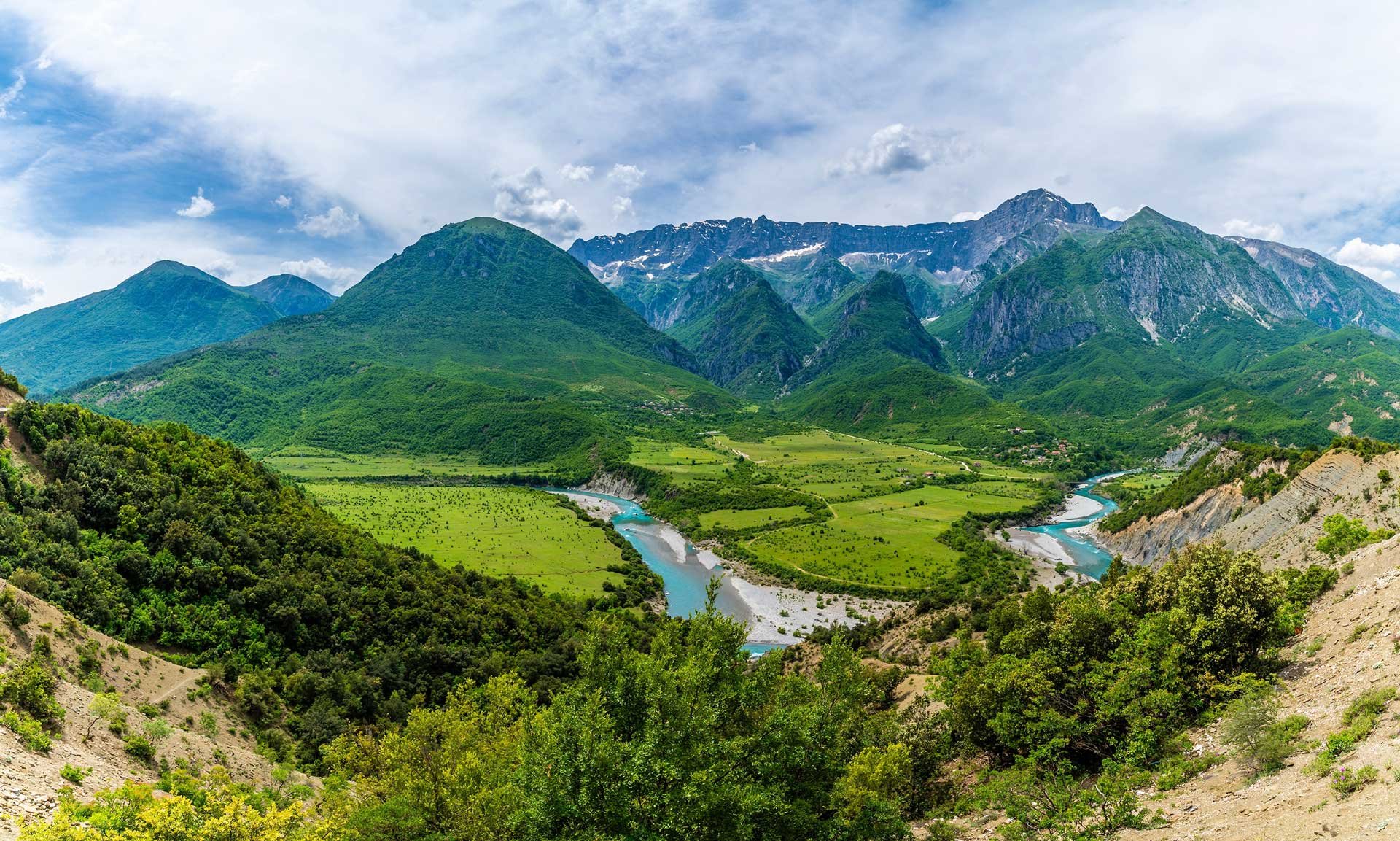How to make your trip smoother in the face of staff shortages
It’s no secret that the effects of staff shortages in Travel & Tourism can be felt across the globe, be it on our travels or in our everyday lives. Although Travel & Tourism is one of the most vibrant, diverse, and exciting sectors to work in in the world, for a myriad of reasons, it is incredibly difficult to recruit staff in this beloved sector right now.
This is due, in part, to the domino effect of the COVID-19 pandemic, a competitive talent market, and a fall in the number of migrant workers who are vital to the sector. Prior to the pandemic, foreign-born workers formed 16% of the tourism workforce in the UK and EU, and nearly 20% in the USA. For certain industries, it’s even more complicated. The aviation industry, for instance, requires new pilots to undergo comprehensive training and airport support staff must pass rigorous security screenings – often including a wait for security clearance from a governmental body. This is along with other training processes which are vital to passenger safety and take time to complete.
Organisations like ours are working with businesses, leaders and governments to ensure that shortages do not remain an issue in the longer term. This means encouraging businesses and governments alike to implement and sustain policies that help labour mobility, facilitate flexible and remote work, enable decent work, provide social safety nets, up-skill and re-skill the workforce, promote education and apprenticeships, and strengthen collaboration at all levels.
What you can do
In the meantime, what can we, as travellers and consumers do to combat the challenges and help to support the backbone of the Travel & Tourism sector – the staff and the communities they live in?
Remember the 4 Rs -
Servers are under increased pressure
1. Respect people
We get it. It’s incredibly frustrating to wait in a restaurant, have your flight delayed, or lose baggage. Whatever the case, please always remember one thing when your trip isn’t going to plan: the person across the desk, on the phone or serving you is just that – a person - who deserves to be treated with kindness and respect. A simple “hello” and followed by “please” and “thank you“ goes a long way, and you can rest assured that the people helping you are doing everything they can in the face of unprecedented pressure.
Insurance gives peace of mind to the traveller
2. Research and insure in advance
Before you travel, always research your chosen destination, and prepare for any restrictions/required documentation in advance, using reputable sources such as official government websites. Never start a trip without ensuring you have suitable travel insurance – - it will make things much smoother if things do go wrong. For every excursion and activity, you undertake while abroad, remember that some higher-risk activities and sports may require a higher level of insurance. Always keep your insurance policy information easily accessible should you need to show it to staff or officials.
Don’t miss out; reserve tables in busy restaurants ahead of your visit
3. Reserve ahead where possible and cancel in good time
Whether you’re booking a boutique hotel, taking in a tour of a medieval old town, kitesurfing, or booking a restaurant, reservations are not only convenient for you, but they can also help businesses manage staff resources, ensure adequate stock and plan – all of which can help things improve in the longer term. Last-minute cancellations can be unavoidable, especially when COVID-19 is still with us. However, remember when booking that for many, last-minute cancellations or no-shows can have devastating effects on the businesses and their staff. This is especially true for those that are family-owned or independent. If you must cancel, please try to do so in good time.
Knowing your rights as a tourist can give great peace of mind while you travel
4. Read up on your rights
Now is a great time to brush up on your statutory rights as a traveller. There are many great resources online such as EU air passenger rights or the U.S. Department of Transportation Fly Rights – and you can also find more detailed information from your providers.







